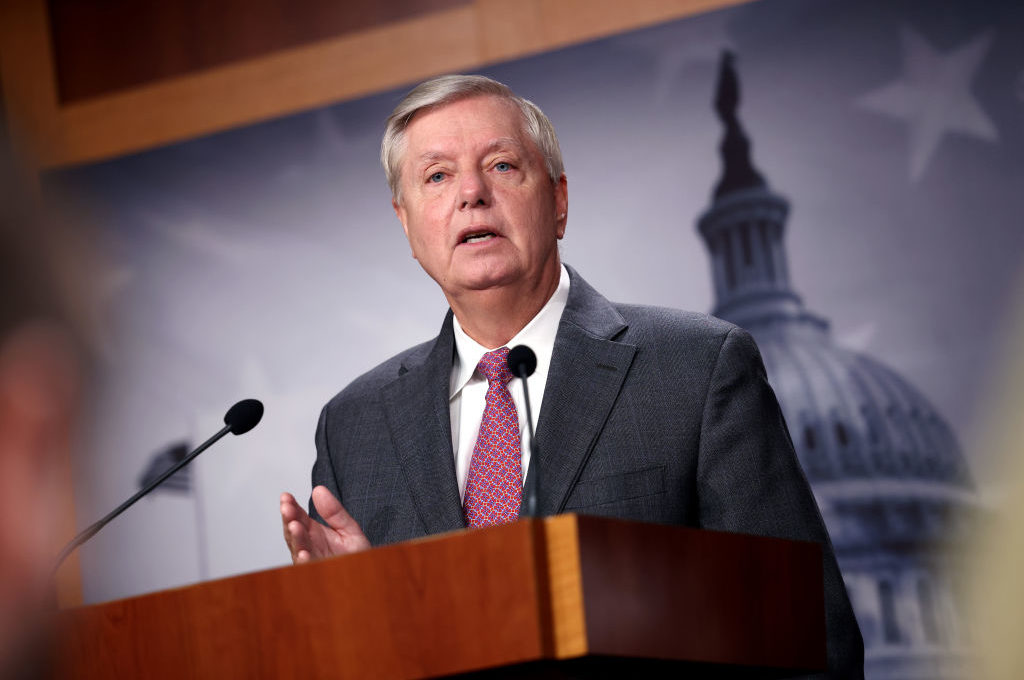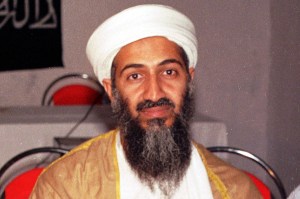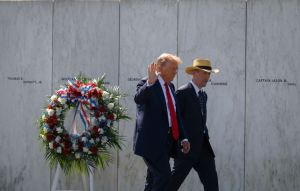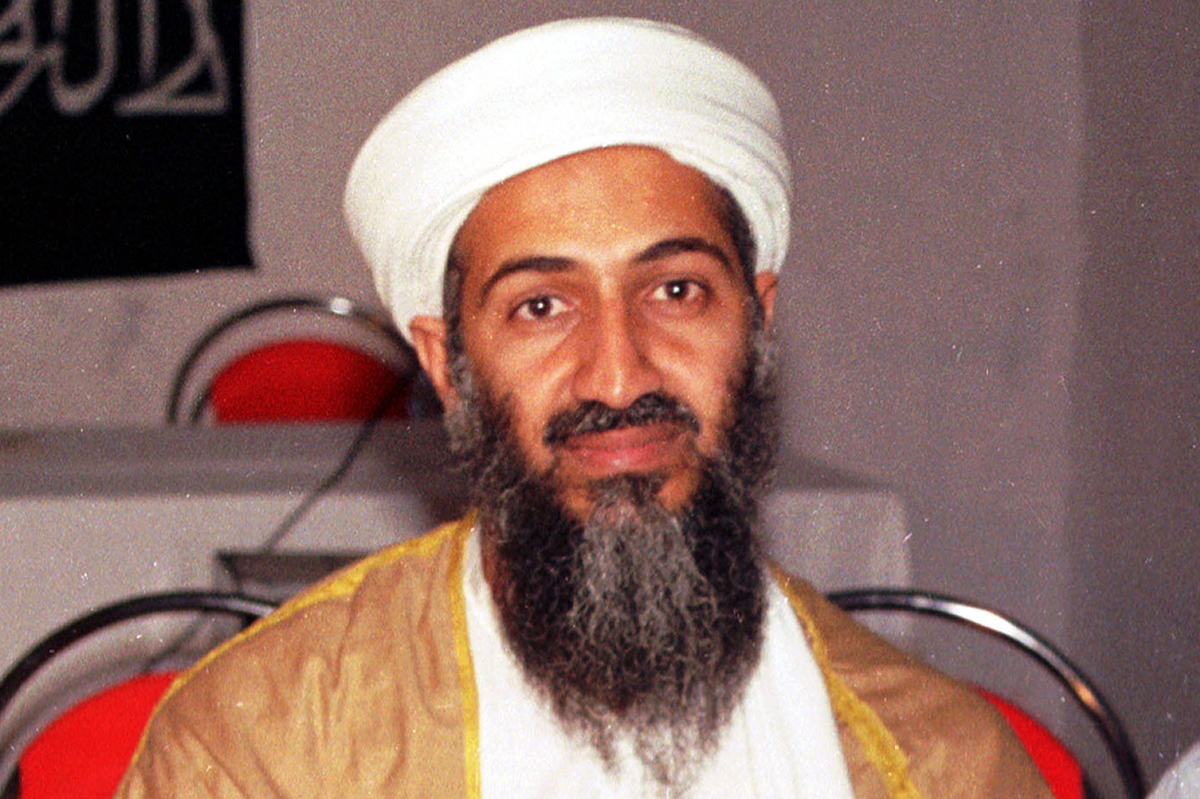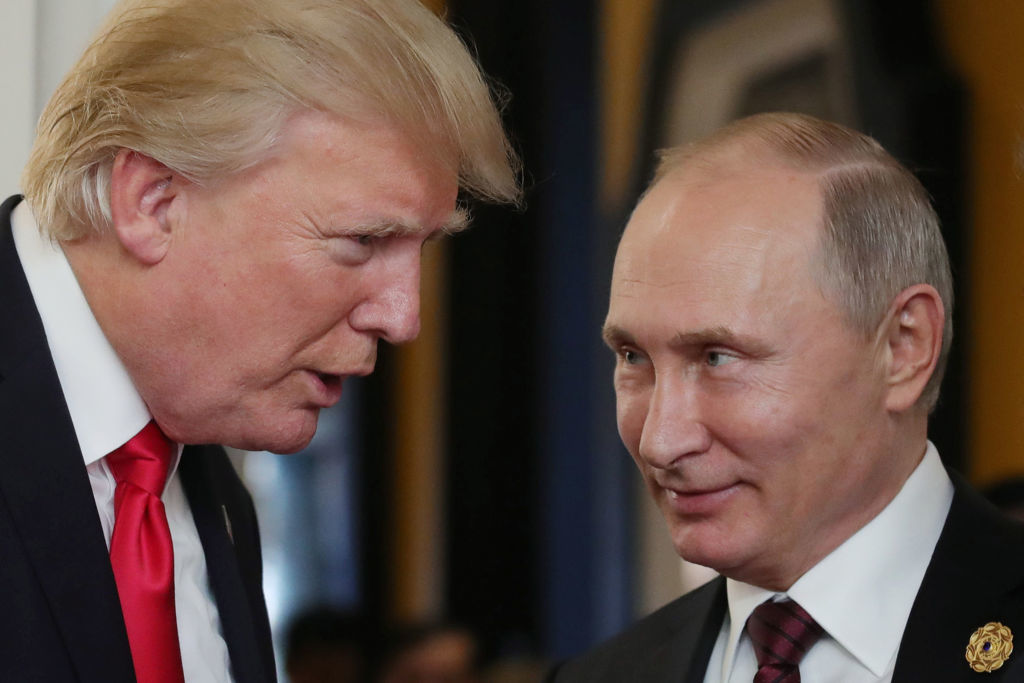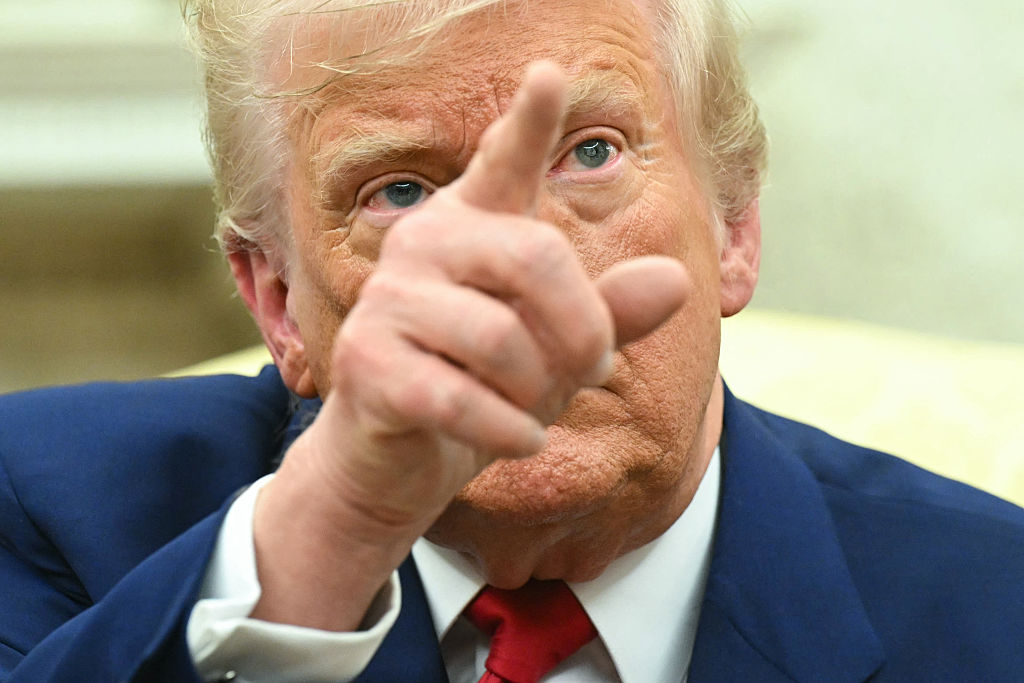The thing about childhood is that eventually you’re supposed to grow up. It’s with this in mind that we turn to Sen. Lindsey Graham, who when he ran for president in 2016 polled so low that he was relegated to the so-called ‘kiddie table’ GOP primary debate. It had to chafe. Graham back then was a loud Trump critic, yet there was Trump eating off the fine china while Graham moodily stirred his wagon wheel mac and cheese around his Toy Story bowl.
At one point, the ultra-hawkish Graham did try to get the grown-ups’ attention. If you’re tired of fighting wars, he declared on Fox News, ‘don’t vote for me!’ Republicans stopped eating for a moment, then took him at his word.
I thought of that today, perhaps because it’s almost the 20th anniversary of 9/11 and I needed some levity. Or perhaps because Graham has taken this somber occasion to once again call for more war. ‘We will be going back into Afghanistan,’ he pronounced recently. His interviewer, a sober BBC sort who seemed unfamiliar with Graham’s one-man Guns of August shtick, was incredulous: ‘You seriously think the United States will once again, in the foreseeable future, put troops back into Afghanistan?’ ‘We’ll have to,’ Graham averred, ‘because the threat will be so large.’
Threat? I’m not one to rail against ‘the threat from within’ (unless we mean New York sports teams), but I am starting to wonder here. During the Peloponnesian War, Athenian generals couldn’t so much as cede a meadow without being arraigned by the shrieking assembly. Yet in our democracy, you can spend 20 years being spectacularly wrong about matters of life and death, you can vote our armed forces into unwinnable quagmires, and still get invited on TV to say the only problem was that the dictionary definition of ‘insanity’ wasn’t adhered to closely enough.
Can unaccountability constitute a threat? Only in America, baby, land of 72nd chances.
In fairness, Graham is an especially unmoving target. This is the same guy who suggested in 2013 that the United States boycott the Olympics because they were in Russia, which was also where Edward Snowden was. But his Afghanistan comments are worth unpacking because they echo a particular mantra that took hold after 9/11. It was this: Americans could either fight abroad or die at home. It wasn’t just a small world after all; everything was now within RPG range. Either we marched on Afghanistan, and Iraq, and Iran, and possibly Paris, or Adams Morgan would go up in flames next.
This was best captured by one of the many jingles used to sell the Iraq war: ‘We cannot wait for a smoking gun that could come in the form of a mushroom cloud.’ The metaphor was first thought up by Michael Gerson, a speechwriter for George W. Bush, who is today cozily employed by the Washington Post (Ameeeeeericaaaa…). It was then used by several administration officials, including President Bush himself. Its point was that we couldn’t wait for the evidence of Iraq’s WMD program that might be demanded by, for example, a rational person, on account of the fact that such proof might come in the form of, say, Saddam Hussein raining down hydrogen bombs upon New York.
You may have noticed that the only compelling metaphorical ordnance there is the gun pointed at the national head. This wasn’t a realistic case for war; it was emotional blackmail, exploiting our fear. It was also a handy CYA. One insufficiently explored reason that the Twin Towers came down was that the federal agencies tasked with hunting terrorists were all feuding with each other and refusing to share intelligence. The hijackers left more bread crumbs than Cookie Monster at a French restaurant — suspicious behavior, overstayed visas, speeding tickets. At one point they were literally staying at a hotel just up the highway from the National Security Agency.
The government failed to connect these dots, then used the resulting horror as a pretext to accrue even more power. Its attitude wasn’t just fear-mongering, it was infantilizing. That’s where the childishness theme comes back in. You don’t want the monsters under your bed blowing up a dirty bomb, do you? Go get your Crayola box and I’ll teach you all about our new terror alert system.
So what a relief to find that most of us have moved on from this security-state helicopter parenting. Those Iraqi WMDs never did turn up, after all; our Mesopotamian stranger danger was vastly overblown. Yet Lindsey Graham remains ever at the kiddie table. As late as 2013, the South Carolina lawmaker was achieving a kind of ad absurdum nirvana for the ‘mushroom cloud’ metaphor by warning that if the US didn’t confront Iran, terrorists might nuke Charleston Harbor.
Picture one of those Naked Gun-style scenes where all of America’s enemies are sitting around a table:
‘Where should we attack next?’ says Kim Jong-un. ‘The Statue of Liberty? The White House?’
‘Even better,’ says Ayatollah Khamenei, leaning forward and grinning wickedly. ‘A random small watercraft marina near Fort Sumter.’
*20 minutes of scary music and cackling followed by a schlubby think tank scholar who refuses to live in a pre-9/11 world coming in and blowing them all away*
Thankfully, for most of us, such hysteria feels about as dated as Colin Powell holding up a vial at the UN. Two decades on, let’s honor 9/11 by pledging to live like Americans, like free people and like adults.



